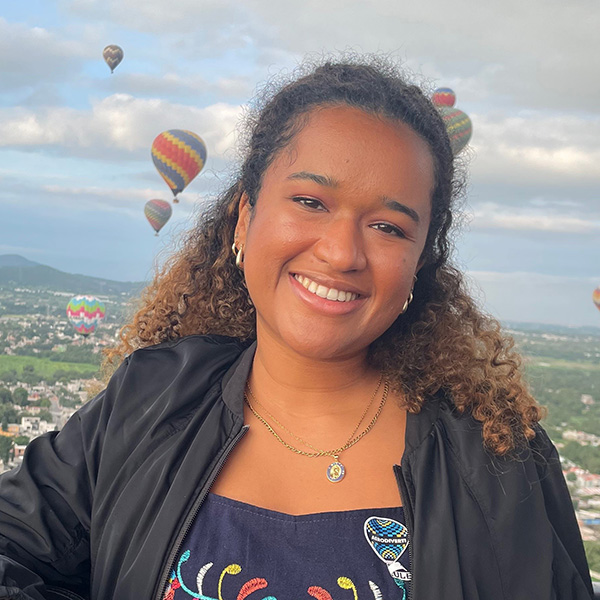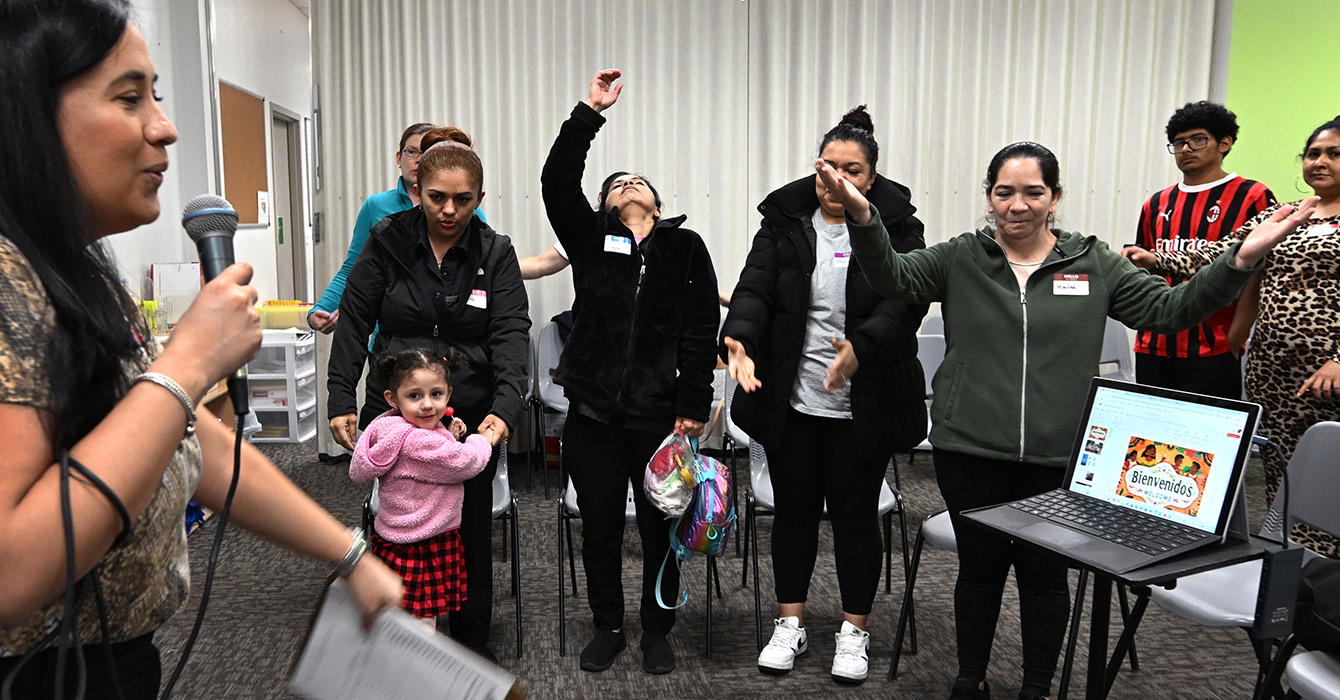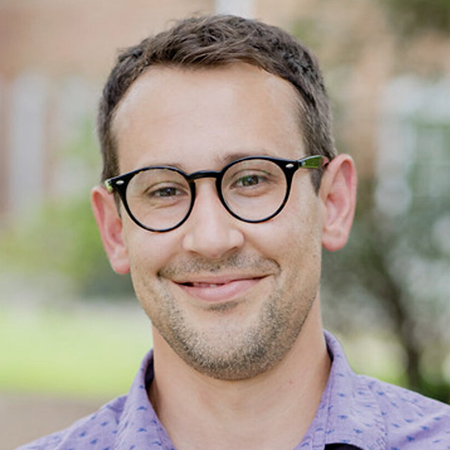More than two decades ago, as we learned of the horror at Columbine High School, I retreated to a small, interior bathroom in our house, thousands of miles away. I crouched there on the floor with our then 1-year-old, instinctively seeking shelter from some impending storm.
In the carpool line listening to NPR as the horrific scope of Sandy Hook became apparent, I thought, “They must have gotten it wrong. They must have rushed the reporting. There’s no way that many …”
With Mother Emanuel, I fought breathlessness that bordered on hyperventilation.
For Tree of Life, I was traveling in Europe, where modern-day massacres on a regular basis are a confoundingly, distinctly American “tradition.”
And just one year ago, seated at our kitchen table, Uvalde catapulted me back to another devastated elementary school. “They must have gotten it wrong. There’s no way …”
Even as I remember my precise location and reaction during some of this nation’s mass shootings, the number and frequency mean I recall only the tiniest handful from recent months, let alone the last 25 years. I cannot imagine what it is like to have lost a loved one in or survive such tragedy and then see the violence repeated, unencumbered by pragmatic protections.
The mourning is unceasing for the bereaved, but one shooting washes into the next for many of us. In a powerful Texas Monthly story about Kimberly Mata-Rubio, whose daughter Lexi was among those murdered at Robb Elementary School in Uvalde, Skip Hollandsworth writes:
What is just as disturbing is that all of us seem to be growing numb to the horror. We receive news alerts about one shooting, then days later, perhaps hours later, another. It feels horrific but distant. There are now so many shootings that the math means we are, each of us, getting closer to that outer ring of victims, the ones who know the ones who loved the ones who died.
In the tradition of the Black church where I grew up, lament was real, tangible and embodied. People were physically overcome by grief, sometimes prostrate with it. When that happened, those nearest would pick them up and stand with them, holding them through their pain when their legs buckled.
The church was interconnected by shared mourning in ways that extended beyond platitudes, and we stayed with those families through their suffering. There was no moving on because the sadness felt uncomfortable, awkward, too much or too long. The mourning was communal.
From the Episcopal tradition, to which I now belong, come these words:
To lament, as the psalmist demonstrates, is to cry out to God, acknowledging the trouble that besets us on all side. It is to acknowledge the pain, the heartbreak, the anger, the confusion, and the frustration that we feel — those feelings and reasons that we can explain and those we cannot. It is often a cathartic experience, expressing aloud those things that God already knows are living in our hearts.
Ignoring our grief, rushing lament or avoiding it altogether allows us to remain distant and disconnected. We are the antithesis of a Messiah who engaged deeply, personally with the suffering of others and did all he could to heal them and change the systems that harmed them.
What happens when we lose the ability to lament?
When it is impossible to fully mourn one gun massacre because we are already in the midst of the next?
How do we absorb the taunting superficiality of those who offer “thoughts and prayers” as a marker of their lack of interest in substantive solutions?
And what for those lost to suicides, domestic violence and mundane incidents that escalate to death because someone has access to a firearm, but whose tragedy doesn't even break the surface of the news cycle?
I have become convinced that two of the forces driving this current season’s division are unprocessed grief and unprocessed guilt. For those upon whom harm and oppression have been heaped, the suffocating pressure can make it difficult to draw sufficient breath to wail.
For those who have contributed to the heaping — by omission, commission or passivity — recognizing that role can feel so shameful and so sinful at even a subconscious level that they don’t dare stop, because that itself inherently would acknowledge the wrong. The same energy motivates censoring history and banning books.
No amount of grieving that we can offer will assuage the loss of our precious siblings to gun violence if we do not act upon it. Those who survive and those who mourn endure the unbearable; that their burdens exist represents an inherent failure of systems that should have offered protection.
The suffering of those whom gun violence touches most directly is profound and undeniable. But for the rest of us, wherever we fall on the grief and guilt spectrum, communal lament can become performative. We mourn; we move on. Our own limitations combined with the pace at which the destruction occurs speed us through what should be a time of deep, extended sorrow and reflection.
As I watch young people take to the streets in protest — those who have never known a truly peaceful day in a classroom because we have failed to take the actions to keep them safe — their lament is palpable, and they are processing that emotion into action. Because their bodies are practiced in active shooter drills and their spirits have endured unimaginable trauma, activism may be the breath of their survival.
If we’ll sit with them in the scheduled ritual of anticipating terroristic violence, if we’ll commit to the long version of sorrow and accompaniment with those who experience it most intimately, if we’ll wail in shared grief, perhaps then our lament will run deep enough to bring about the changes we need.
























